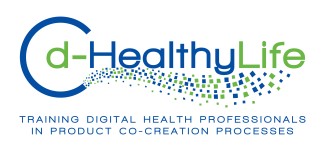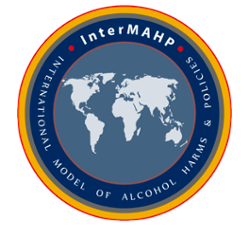D-Healthylife Interdisciplinary Co-Creation Workshop in Barcelona
As part of the d-HealthyLife initiative EIT Health Campus is offering a full day co-creation workshop.

As part of the d-HealthyLife initiative EIT Health Campus is offering a full day co-creation workshop.

Aimed at young and early career researchers this two day workshop aims to build capacity for those working in an interdisciplinary field.

NAADAC's 2018 Annual Conference: Shoot for the Stars will take place in Houston, TX at The Westin Galleria Houston from October 5-9, 2018.
The 3rd ICUDDR Conference will take place in San Diego from June 4 – 5, 2018.



